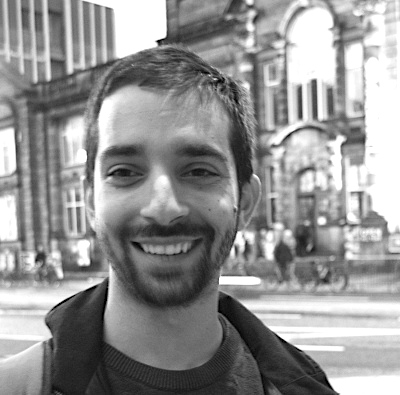Keynotes
Making and Measuring Progress in Adversarial Machine
Learning
Nicholas Carlini, Google Brain
Abstract — Despite the the difficulty in measuring progress in adversarial environments, the field of adversarial machine learning undeniably is making progress. After briefly considering the ways in which we have succeeded, talk argues there are ways in which the entire field—both the attackers and defenders—could make more rapid and meaningful progress.
Biography — Nicholas Carlini is a research scientist at Google Brain. He studies the security and privacy of machine learning, for which he received best paper awards at ICML and IEEE S&P. He received his PhD from the University of California, Berkeley in 2018.

Towards Learned Program Analyses with Machine Learning
Miltos Allamanis, Microsoft Research
Abstract — Static and dynamic program analysis is a flourishing area of programming language research. However, existing analyses often fail to use readily available but ambiguous information about program behavior which is usually available to software engineers. Recently, thanks to advancements in machine learning, and deep learning in specific, a promising new kind of learned code analysis has emerged that aims to fuse all information and probabilistically reason about code.
In this talk, I will give a brief overview of research that lies in the intersection of machine learning and programming languages and discuss research that provides indications that the "soft" aspects of source code contain useful information that can be exploited by code analyses. Then, I will focus on some recent advances on learnable code analyses. In particular, by representing relationships of program elements with graphs, we can exploit a powerful set of deep learning algorithms that allow us to learn from "big code" to perform statistical static analyses and find real-life bugs. I will conclude by discussing open problems and challenges in this area.
Biography — I am a researcher at Microsoft Research, Cambridge, UK. My research is at the intersection of machine learning, natural language processing and software engineering. My aim is to combine the rich structural aspects of programming languages with machine learning to create better coding tools for end-users and developers, while using problems in this area to motivate machine learning research. I have published in both machine learning and software engineering conferences and recently coauthored survey on machine learning for source code. I obtained my PhD from the University of Edinburgh advised by Dr. Charles Sutton. More information about me and my publications can be found here
